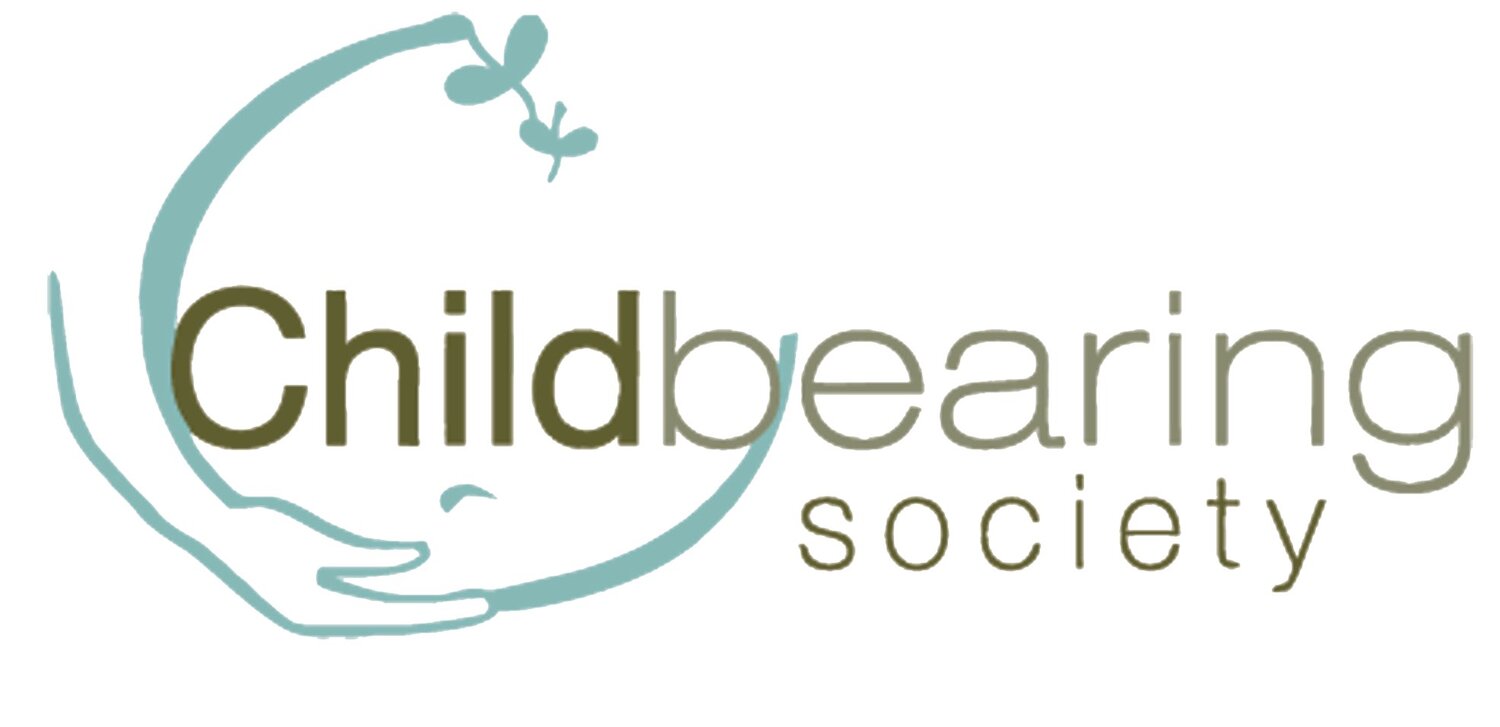Bringing Home Twins!
Coming home from the hospital is a big moment for all of you. For your babies, it is the start of their relationship with a place and people that will become increasingly theirs to explore, enjoy and bond with. For you, it is the start of your independent life as a family together, away from the rules and routines of hospital life.
You may not be coming home all together which can be very emotional and tricky to navigate feeling needed in two places at once. As a twin parent you become exceptionally good at dividing and conquering so to speak.
Some say it can be easier to start caring for one baby at a time, and if home with one baby you can work together to provide your milk for baby still in the NICU, by pumping while nursing or immediately after feeding. Do not be surprised if you find yourself on an emotional rollercoaster, changing daily as situations change, celebrating as one baby improves and feeling guilty as another multiple is not doing as well.
It is common for parents to feel more attached to a baby who is home and in their care sooner. The sicker baby is not avoiding interaction, that baby simply does not have the energy to interact. Touch, talk, and hold this baby as much as possible, an equally unique and beautiful bond will still form but perhaps at a more gradual pace
Each time a baby is discharged the household routine-no matter how tentative- is disrupted again. Having a meal train set up for you (I highly recommend this) can help ease this transition. Ask for meals to be portioned or for some to prepare healthy snacks. This will make for easy meals to bring to the hospital each day or for quick lunches and snacks once all are home and the busyness of life with multiples sets in.
The next few weeks will be incredibly busy. Friends and family may offer to help out. Not only should you accept these offers, but try to make sure they are helping with real chores (laundry, shopping, cooking, cleaning etc) so that you can have as much time as possible to rest, enjoy and care for your babies and share moments with your partner. Some find it helpful to have a list of supportive things to do up on the fridge to save you time explaining and is not as awkward to ask.
Do make sure you don’t end up looking after the helper, though. If someone pops over to see the babies, they will certainly be able to make their own cup of tea, and one for you while they’re at it.
If family and friends are not available or supportive you may want to consider hiring a postpartum doula who is experienced with twins offering nonbiased support for breastfeeding, newborn care and many do night shifts as well.
You will learn to sleep like a baby again, in short bursts and it takes more organization and packing to leave the house, but the fog of the first few months will gradually diminish. When you’re living it, it’s difficult to imagine a time when you will sleep again. It will happen! Until then, remember that this stage is only temporary. The moment you adjust to your babies’ habits and patterns, they transition into something new. The change is constant, surprising, and extraordinary.
Watching the bond grow between siblings especially twins is awe inspiring; as they make each other laugh, seek comfort in one another, and make up games and languages that we can never fully understand. It is worth every minute of the busyness and lost sleep.
About the Author
Katy Thomson has been involved with the wondrous world of birth for over fifteen years. She has worked, lived and volunteered with many families and organizations while travelling around the world before settling in beautiful Vancouver to further establish her career as a Doula and Childbirth Educator. Being away from her own family Katy really got to see and feel the importance of family and learn how other cultures support a new mother during the childbearing year. Drawing her closer to her doula nature, Katy has been privileged to witness and participate in births within different cultures, giving her a wealth of information on pregnancy and the birthing process. Katy is a mum of three, a Breastfeeding Counselor, Childbirth Educator, as well as a certified Birth and Postpartum Doula, who is always continuing her education and working towards a lactation consultant certification.
